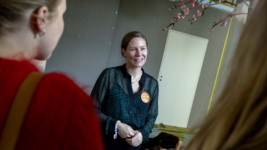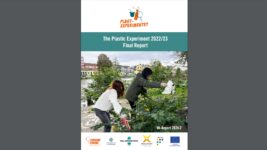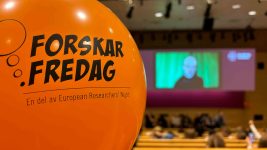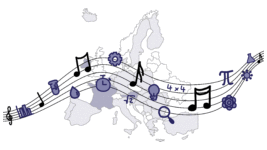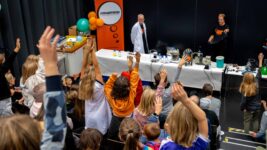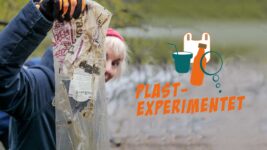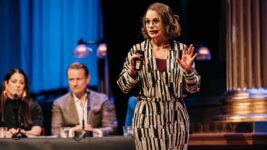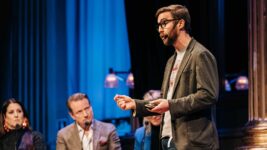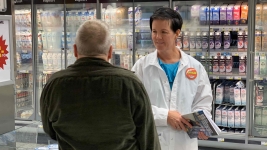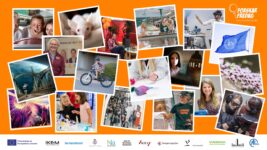How to participate in Borrow a Researcher
“Borrow a Researcher” involves researchers visiting schools, workplaces, or organisations to talk about their work as researchers. Last year, researchers visited 373 school classes, providing… Läs mer
Findings from Sweden’s largest plastic waste experiment now…
The Plastic Experiment is a nationwide Citizen Science project in which Keep Sweden Tidy Foundation, Public & Science Sweden and the University of Gothenburg have… Läs mer
Record numbers participate in Swedish Researchers’ Night activities
During this year’s ForskarFredag (European Researchers’ Night in Sweden), held from 25 to 30 September 2023, over 37,000 people seized the opportunity to delve into… Läs mer
From music with Mozart to speed dating when…
On Friday 29 September 2023 the European Researchers Night will be back to build bridges between science and society. In 27 countries all over Europe,… Läs mer
European Researchers’ Night to spark scientific curiosity across…
A week of exploration and discovery awaits visitors in 24 locations across Sweden at this year’s Swedish European Researchers’ Night, taking place from 25 –… Läs mer
Most plastic litter found on beaches reveals Swedish…
The first report of the Plastic Experiment, a citizen science project involving young people and members of the public from across Sweden, has now been… Läs mer
Researchers’ Grand Prix Digital 2023
In the Researchers’ Grand Prix, researchers compete to present their research in the most understandable, captivating, and inspiring way in just 4 minutes. Researchers’ Grand… Läs mer
Webinar: Explain your research in four minutes!
Are you planning on participating in the Researchers’ Grand Prix this year? Or would you just like to be better at explaining what you do at… Läs mer
Celebrating science across Sweden: European Researchers’ Night 2022
Puzzles, poisons and profanities all featured in this year’s ForskarFredag, Sweden’s European Researchers’ Night. From Lund in the south to Luleå in the north, more… Läs mer
Physical barriers common in Swedish homes reveals new…
Steps up to the front door and nothing to hold onto next to the toilet. These are common problems for those with mobility issues, according… Läs mer
Showcasing inspiring science across Europe: European Researchers’ Night…
Twenty-five countries will be participating in this year’s European Researchers’ Night (ERN) on Friday 30 September. From Iceland to Italy, Poland to Portugal, Malta to… Läs mer
European Researchers’ Night set to inspire and amaze…
ForskarFredag, Swedish European Researchers’ Night, returns 26 September – 1 October 2022 with a packed programme of both face-to-face and online activities across the whole… Läs mer

